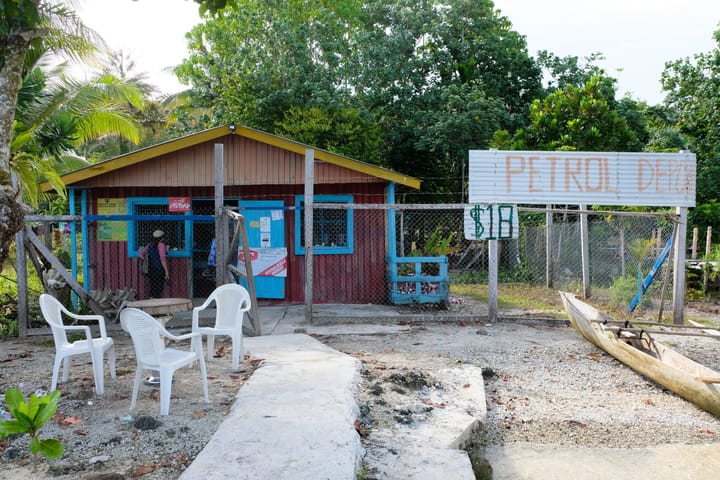European Support for the Private Sector in Achieving Inclusive and Sustainable Growth in Developing Countries
 The month, the European Commission submitted a report to the European Parliament, the Council, the European Economic and Social Committee and the Committee of Regions on its support to the private sector in developing countries,
The month, the European Commission submitted a report to the European Parliament, the Council, the European Economic and Social Committee and the Committee of Regions on its support to the private sector in developing countries,
The report, entitled A Stronger Role of the Private Sector in Achieving Inclusive and Sustainable Growth in Developing Countries (13 May 2014), reflects of the work of the commission in supporting private sector development (including the findings of an extensive evaluation, published in 2013) and proposes a strategic framework for strengthening the role of the private sector in achieving inclusive and sustainable growth. It consists of two levels at which the EU believes it can add value and effectively complement actions by its Member States, development financing institutions and other development partners.
The following principles for strengthening the role of the private sector in EU development cooperation are presented:
- Focus on employment creation, inclusiveness and poverty reduction
- A differentiated approach to the private sector
- Create opportunities through market-based solutions
- Follow clear criteria in the provision of direct support to private sector actors
- Account for different local contexts and fragile situations
- Put strong emphasis on results
- Observe policy coherence in areas affecting the private sector in partner countries
The following strategic directions are proposed:
Private sector development support in future EU development cooperation
- Creating a business environment conducive to private sector initiative
- Stepping up support to micro, small and medium-sized enterprises in the formal and informal sector
- Empowering women as entrepreneurs and workers
- Increasing access to finance and deepening financial inclusion
Mainstreaming private sector development and engagement in EU development cooperation
- Engaging the private sector in sustainable energy
- Engaging the private sector in sustainable agriculture and agribusiness
- Engaging the private sector in infrastructure sectors
- Engaging the private sector in green sectors
Catalysing private sector engagement for development
- Promoting responsible business practices through EU development policy
- Scaling up inclusive business and market-based solutions for development
- Facilitating public-private partnerships (PPPs) and multi-stakeholder alliances
- Defining the role and responsibility of the private sector on the global development agenda
One interesting aspect of the communication is the emphasis it gives to supporting informal enterprises. The report says that emphasis will be put on supporting micro, small and medium-sized enterprises, which play a particularly vital role in job creation, and in raising productivity and working conditions in the informal economy. “An estimated 60 to 80 per cent of enterprises in developing economies are informal firms. They represent a huge potential for growth and job creation, and the fact that they are operating outside formal law must not exclude them from support through development assistance. A combination of measures is needed, on the one hand, to increase incentives for formalisation driven by effective institutions, legal systems, and secure property rights, especially for land, that can be used as collateral for loans. On the other hand, measures need to be taken to improve productivity and working conditions in the informal sector through a safer working environment and easier access to markets, finance, infrastructure and social services.”
The commission also places emphasis on the integration of private sector support into strategies aimed at other development outcomes, such as agriculture, sustainable energy, infrastructure, and the social sectors: “The Commission will, in line with partner governments’ policies, develop ways to better integrate private sector development objectives in support strategies, and will identify modalities for using the private sector as an implementing and financing partner in these areas.” A key objective of these instruments is to catalyse private investment that has proved to be financially viable but does not give rise to sufficient funding from market sources.
Given that the report is being presented to the EU Committees of the Regions it is interesting to note the lack of any reference to strategies that promote inclusive and sustainable growth through regional or local economic support mechanisms. I would have expected acknowledgement that the poor and excluded can be geographically defined and that the strategic framework might contain elements that seek to address private sector development in these territories. There are many references to “local entrepreneurs”, “local enterprises” and even “local authorities”, but little presentation of how inclusion and sustainability can be enhanced through local processes and mechanisms.


